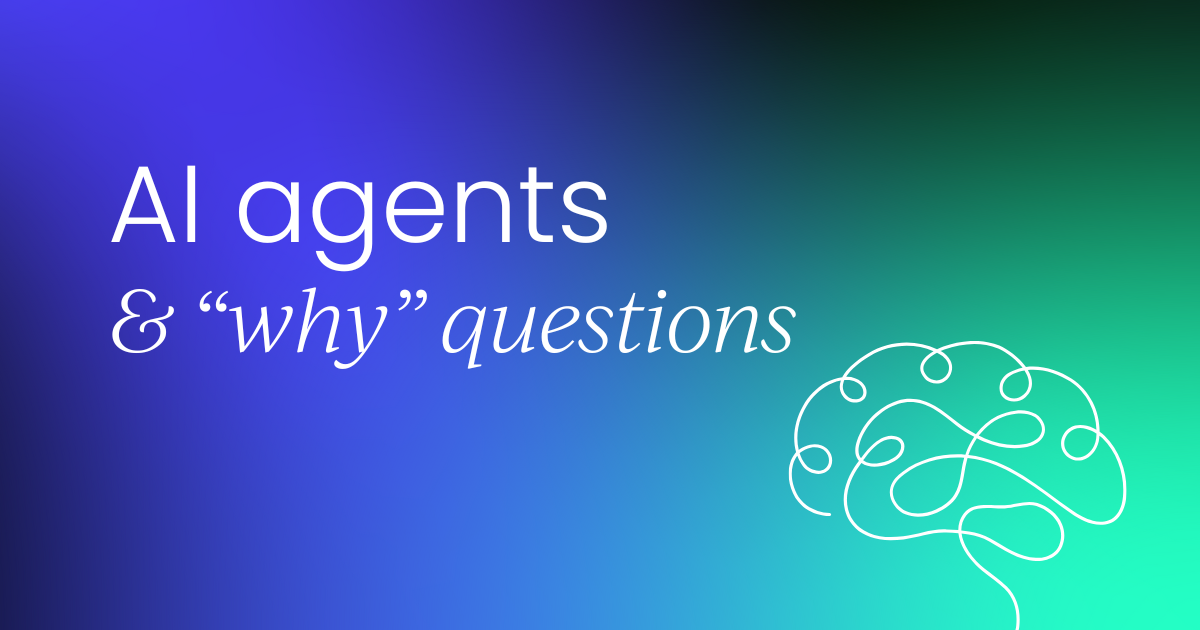Distributive Fairness in Large Language Models: Evaluating Alignment with Human Values
NegativeArtificial Intelligence
- A recent study evaluated the alignment of large language models (LLMs) with human values, particularly focusing on distributive fairness concepts such as equitability and Rawlsian maximin. The findings revealed a significant misalignment between LLM responses and human distributional preferences, indicating that these models struggle to effectively address societal issues related to resource distribution.
- This development is critical as it highlights the limitations of current LLMs in decision-making contexts, particularly in social and economic domains where fairness is essential. The inability of LLMs to utilize money as a resource to alleviate inequality raises concerns about their effectiveness as agents in these areas.
- The challenges faced by LLMs in aligning with human values reflect broader issues in artificial intelligence, including the need for improved evaluation frameworks and methodologies. As the demand for LLMs grows, addressing their shortcomings in fairness and truthfulness becomes increasingly important, especially in light of ongoing debates about bias and the ethical implications of AI technologies.
— via World Pulse Now AI Editorial System

